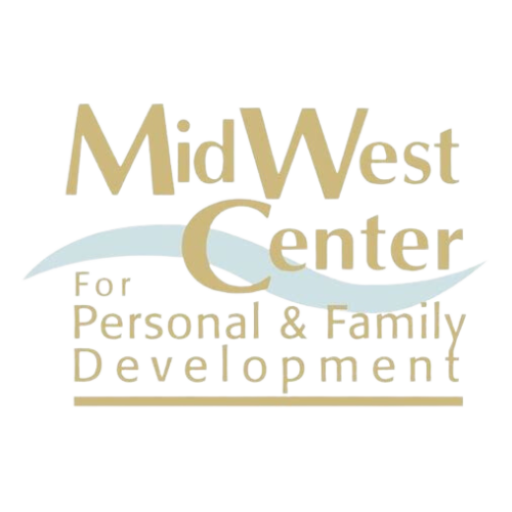Eating Disorders

What are Eating Disorders?
Eating disorders are serious mental health conditions that involve persistent patterns of unhealthy eating behaviors and a preoccupation with food, body weight, or shape. These disorders can negatively affect physical health, emotional well-being, and relationships. Eating disorders are often complex and can involve a combination of genetic, psychological, and environmental factors. They can affect anyone, regardless of age, gender, or background, but are more commonly observed in adolescents and young adults.
Types of Eating Disorders
There are several types of eating disorders, including:
• Anorexia Nervosa: Characterized by an intense fear of gaining weight and a distorted body image, leading individuals to severely restrict their food intake, often resulting in extreme weight loss.
• Bulimia Nervosa: Involves episodes of binge eating followed by compensatory behaviors like vomiting, excessive exercise, or using laxatives to prevent weight gain.
• Binge Eating Disorder: Similar to bulimia, but without the compensatory behaviors. Individuals with this disorder experience episodes of overeating and feel a lack of control over their eating.
• Avoidant/Restrictive Food Intake Disorder (ARFID): This involves a limited variety of foods consumed and a lack of interest in eating, often resulting in weight loss, nutritional deficiencies, or delayed growth.
• Pica: A disorder characterized by the compulsion to eat non-food items, such as dirt, chalk, or hair.
Symptoms of Eating Disorders
The symptoms of eating disorders can vary based on the specific type, but may include:
• Severe preoccupation with food, body weight, or shape
• Excessive exercise or avoidance of eating
• Marked weight loss, or fluctuating weight
• Preoccupation with dieting, food rituals, or restrictive eating habits
• Physical signs like dizziness, fatigue, hair loss, or dehydration
• Behavioral signs such as hiding food or making excuses not to eat
• Low self-esteem or distorted body image
• Health complications such as digestive issues, irregular heart rate, or bone density loss
Causes of Eating Disorders
Eating disorders can develop due to a combination of factors, such as:
• Genetic factors: Family history and genetic predisposition may increase the likelihood of developing an eating disorder.
• Psychological factors: Low self-esteem, anxiety, depression, or a history of trauma can contribute to the development of eating disorders.
• Environmental influences: Cultural pressures to conform to specific body ideals, peer pressure, and exposure to unrealistic portrayals of beauty in the media can influence body image and eating behaviors.
• Social factors: Social stressors, bullying, or family dynamics may trigger or worsen eating disorders.
• Biological factors: Hormonal imbalances, neurotransmitter irregularities, and other brain chemistry issues can play a role in the development of eating disorders.
Coping Strategies and Treatment
Effective treatment for eating disorders often involves a combination of approaches tailored to the individual. Some strategies include:
• Psychotherapy: Cognitive-behavioral therapy (CBT) is one of the most common therapies used to help individuals identify and change negative thought patterns related to food and body image. Family-based therapy (FBT) is also effective, especially for adolescents with eating disorders.
• Nutritional counseling: Working with a registered dietitian can help individuals develop a healthy relationship with food and learn balanced eating habits.
• Medical treatment: Medical interventions may be needed to address any physical health complications associated with the disorder, such as malnutrition, dehydration, or heart problems.
• Support groups: Group therapy or support groups can offer a sense of community and shared understanding, which can be vital in the recovery process.
• Medication: In some cases, medications such as antidepressants or anti-anxiety medications may be prescribed to address underlying psychological issues that contribute to eating disorders.
When to Seek Help
If you or someone you know is struggling with an eating disorder, it’s important to seek professional help. Consider reaching out to a healthcare provider if:
• There is a significant change in eating habits or weight
• There is excessive concern with body image or food
• There is a history of extreme dieting, binge eating, or purging behaviors
• Physical health issues such as dizziness, fatigue, or hair loss arise
• Emotional distress, such as depression, anxiety, or isolation, is present
• Thoughts of self-harm or suicide occur
Understanding eating disorders and seeking treatment is crucial for recovery. Early intervention can help prevent serious health complications and improve mental well-being. Remember, you’re not alone, and help is available. Reaching out for support is the first step toward healing.
